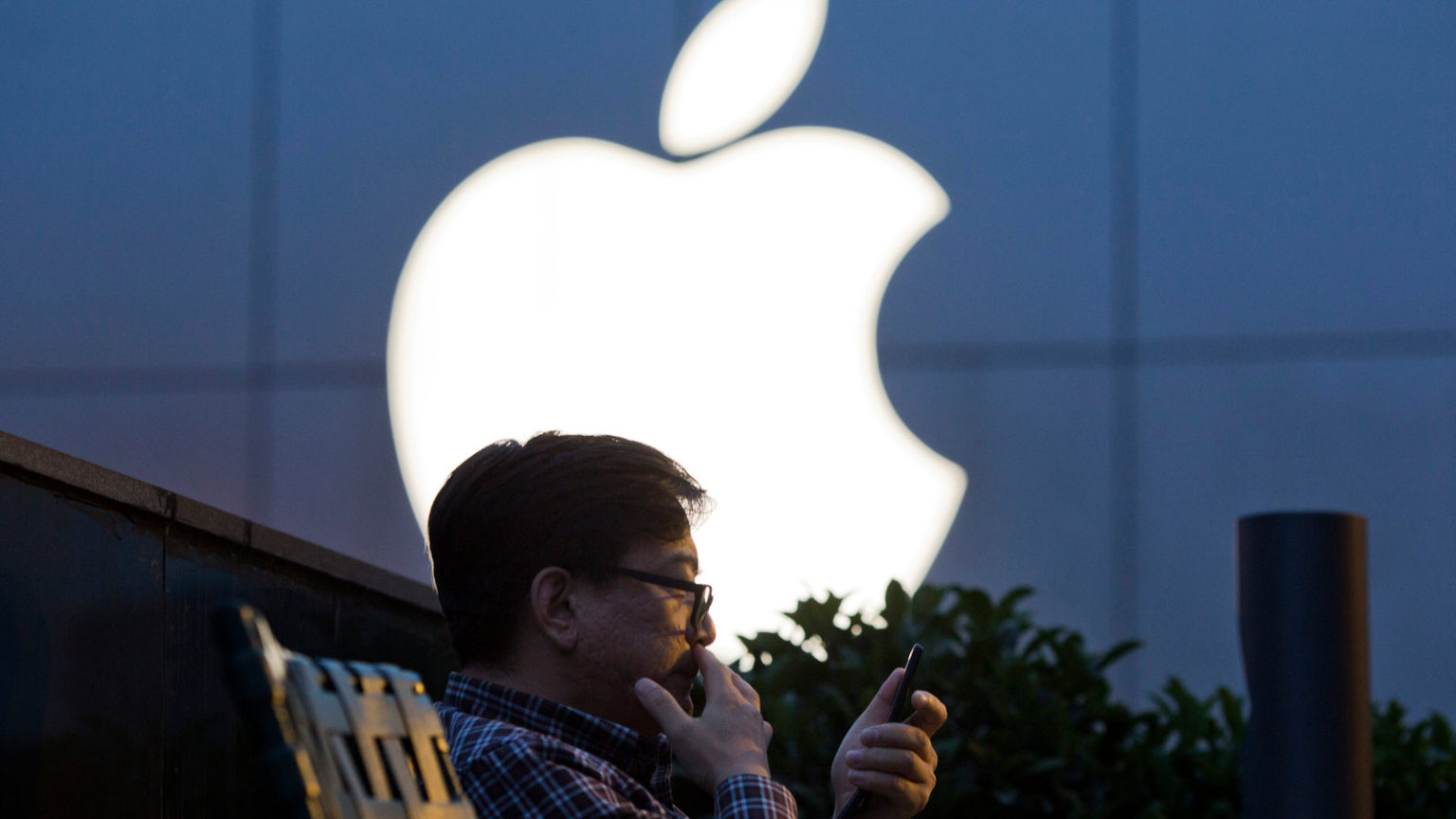Bhakta claims that Apple’s internal policy explicitly states that any data on a device, including personal information, is subject to company review. The lawsuit reveals that if employees use their own devices for work, they are still subject to surveillance unless they take specific steps to avoid it, such as using a separate iCloud account. However, the lawsuit alleges that Apple actively discourages such work-only accounts.
For employees looking to evade surveillance, the only alternative may be to use a work-owned device. Yet, this solution comes with its own drawbacks, as it further entangles the boundary between personal and professional lives.
Previous Complaints and the Potential Legal Fallout
Bhakta’s lawsuit is not the first to accuse Apple of violating its employees’ privacy rights. Former employees have previously raised concerns about the company’s ability to access their personal data through its policies. The current case sheds light on how these practices are woven into Apple’s broader employment framework, potentially impacting thousands of workers across the company.
Bhakta is pursuing the lawsuit under the California Private Attorneys General Act (PAGA), a state law that allows employees to sue on behalf of the state for violations of labor laws. If the court finds Apple guilty of these privacy violations, the company could face significant penalties. These fines would be multiplied by the number of employees affected, which could amount to substantial financial repercussions for the tech titan.
What This Means for Apple’s Workforce
The lawsuit could have serious implications for Apple’s corporate culture, especially as it relates to employee surveillance and privacy rights. As the case unfolds, it may spark wider discussions about the balance between security and privacy, particularly in tech companies with vast amounts of personal data and proprietary technology.
Should the lawsuit succeed, Apple could be forced to revise its privacy policies and reconsider the extent to which it monitors employee activities. The outcome may also influence how other technology companies approach employee surveillance, potentially setting a precedent for the industry.
Conclusion: The Future of Employee Privacy
As concerns about personal data security continue to dominate public discourse, this lawsuit serves as a critical reminder of the complex relationship between corporations and their employees. Whether or not Apple is held accountable, the case underscores the growing need for clear, ethical boundaries when it comes to monitoring workers.
The legal battle between Apple and Bhakta is still in its early stages, but its outcome may shape the future of employee surveillance in the tech industry. For now, Apple employees and industry watchers alike are closely watching how the case develops and whether it sparks broader changes in corporate policy and employee rights.
